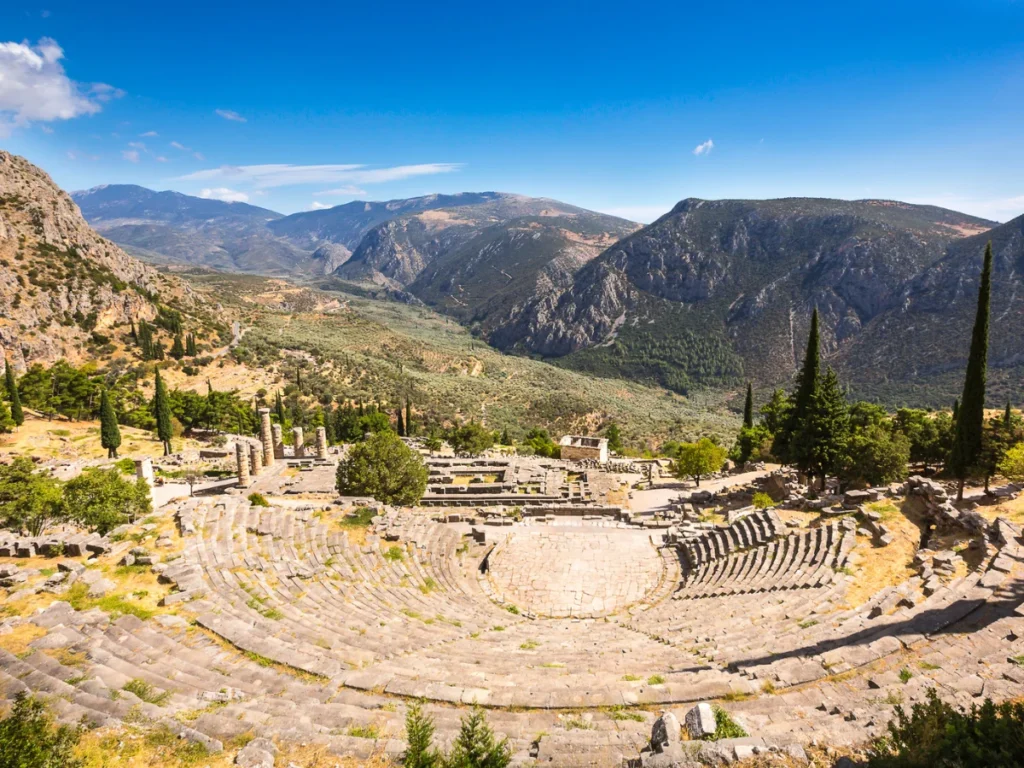The third Macedonian war
The third Macedonian war (171–168 BCE) marked the culmination of tensions between Rome and Macedonia. Triggered by King Perseus’s territorial ambitions, Rome declared war in 171 BCE. The conflict featured pivotal battles, including the Battle of Pydna, where Roman forces secured a decisive victory. As a consequence, Macedonia was divided into Roman-controlled republics, solidifying Rome’s dominance in Greece and reshaping the geopolitical landscape of the Hellenistic East.

The third Macedonian war (171–168 BCE)
The Prelude to the Third Macedonian War: Tensions Rise
In the years leading up to the Third Macedonian War (171–168 BCE), Macedonia, ruled by King Perseus, sought to strengthen its position in Greece, causing increasing unease among the Romans. Rome viewed this as a threat to its interests in the region and a breach of previous agreements.
The Conflict Unfolds: Rome Takes Action
In 171 BCE, Rome declared war on Macedonia, marking the beginning of the Third Macedonian War. The Roman forces, under the command of consul P. Licinius Crassus, marched eastward to confront King Perseus.
Strategies and Battles: Rome’s Dominance
The conflict saw several key battles, including the Battle of Pydna in 168 BCE. At Pydna, the Roman legions, known for their discipline and tactical prowess, decisively defeated the Macedonian forces. The defeat of Perseus signaled the end of Macedonian resistance.
The Aftermath and Consequences: The Transformation of Macedonia
As a result of the Third Macedonian War, Macedonia was divided into four separate republics, each under Roman influence. The kingdom of Macedonia ceased to exist as an independent entity, and the region was subjected to Roman control.
Legacy of the Third Macedonian War: Roman Hegemony in Greece
The war solidified Rome’s dominance in Greece and further extended its influence in the eastern Mediterranean. It marked the decline of the Hellenistic kingdoms and paved the way for the eventual incorporation of Greece into the Roman Republic.
In conclusion, the Third Macedonian War was a significant chapter in the Roman Republic’s expansion, reshaping the political landscape of the Hellenistic East and contributing to the rise of Roman hegemony in the region.
More History

Theaters and Amphitheaters in Ancient Greece
Theaters and amphitheaters, like the Epidaurus Theater, showcased dramatic and athletic performances. They were essential hubs for entertainment and communal gatherings in Greek society.

Tomb of Philip II, father of Alexander
The Tomb of Philip II in Vergina, Greece, preserves the legacy of the influential Macedonian king, featuring rich archaeological finds and serving as a historical treasure of ancient Greece.

The Atomist Philosopher Leucippus
Leucippus pioneered atomic theory in ancient Greece, proposing the existence of indivisible atoms. His groundbreaking ideas profoundly influenced later thinkers like Democritus.
